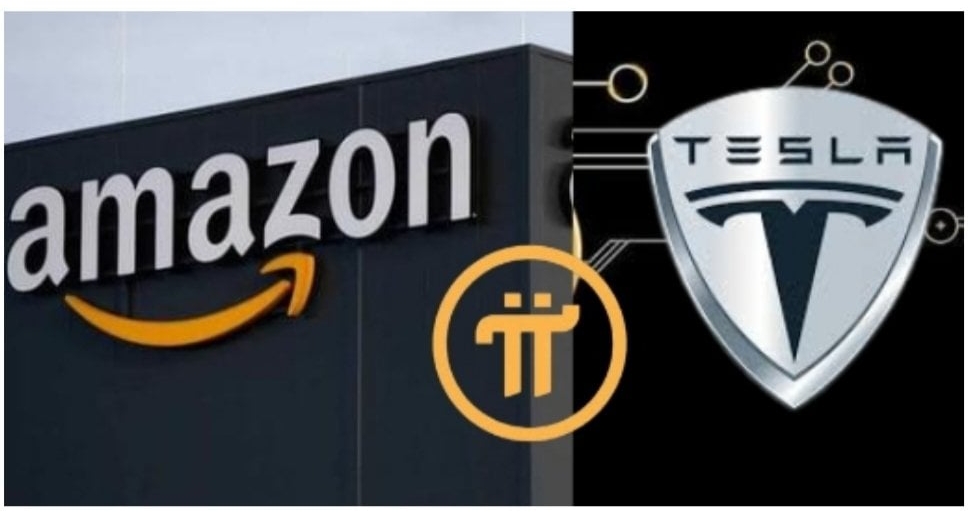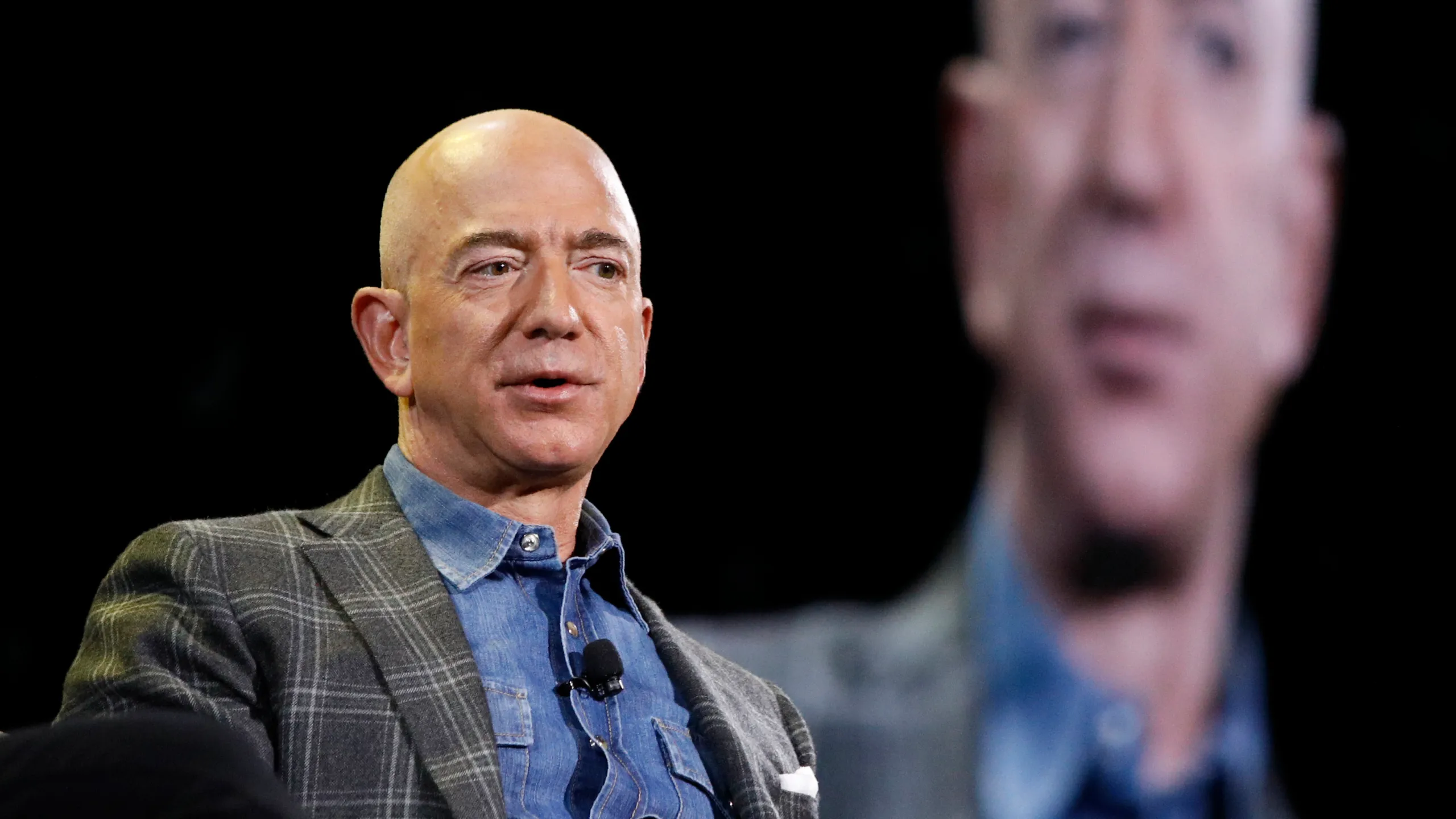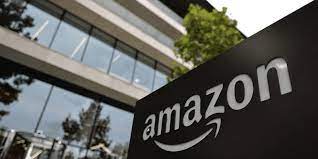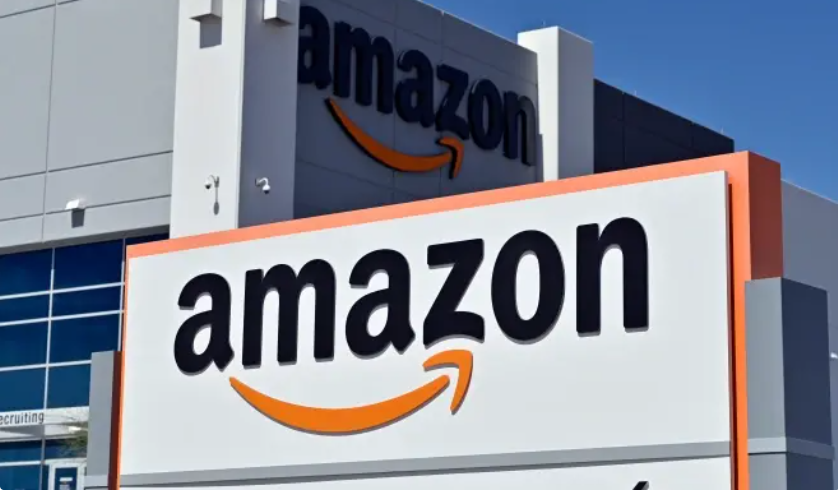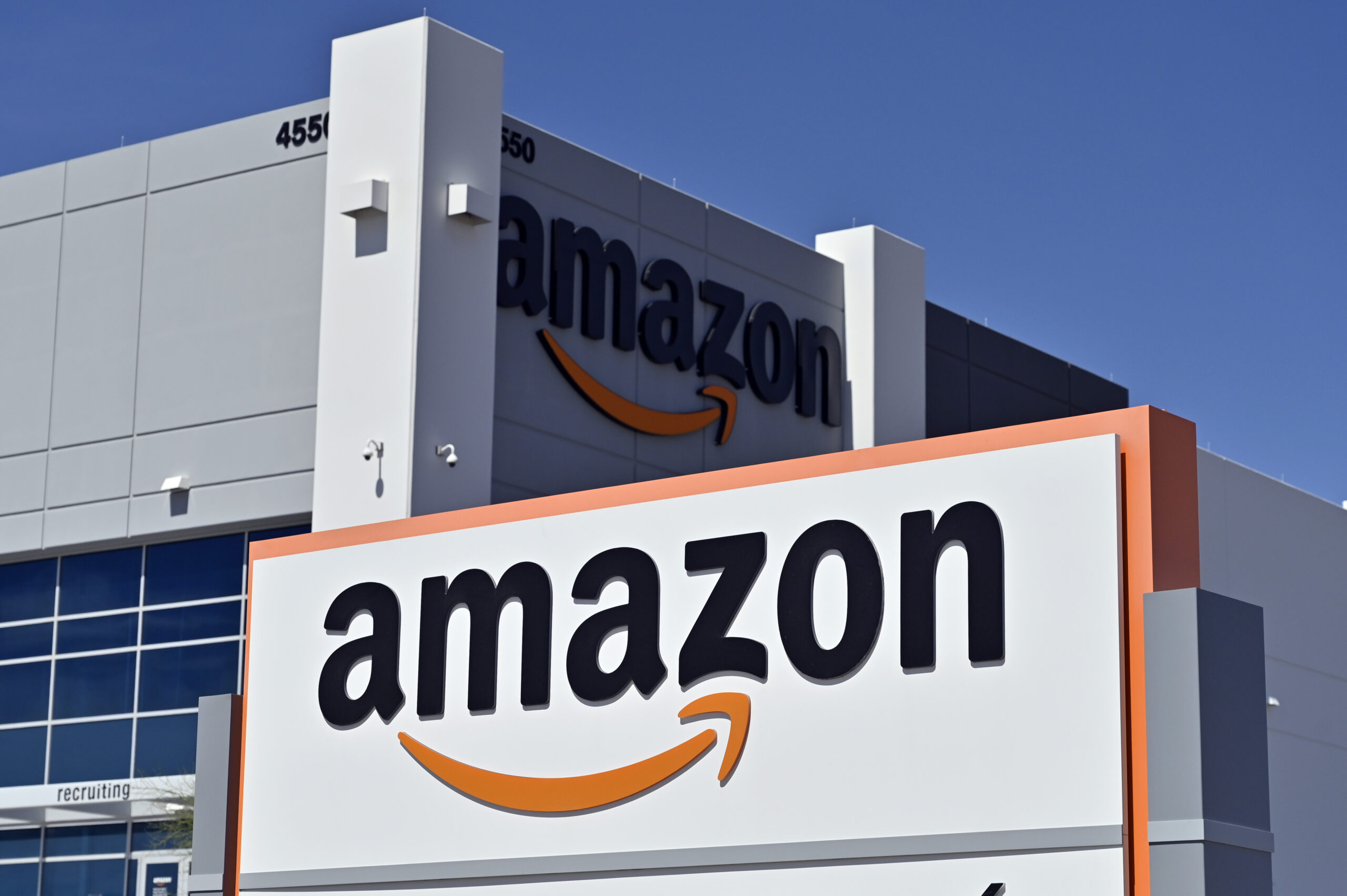Pi Network, a rising crypto platform, has achieved a major breakthrough by securing official recognition as a payment method by two industry titans, Tesla and Amazon.
This development signifies a pivotal moment for the cryptocurrency sector, which has historically been perceived as experimental and volatile.
Pi Network: A Brief Overview
Pi Network, established in 2019 by a team of engineers and tech experts, aims to create a more inclusive and accessible digital currency. One of its key features is a mining model that allows participation without specialised hardware, making it accessible to smartphone users worldwide.
Pi Network has gained traction in Africa, particularly in South Africa and Nigeria. The crypto platforms community in South Africa, Pi South Africa, is active on Twitter, promoting the growth of the Pi Coin and encouraging its use in the country. In Nigeria, users can now sell their Pi Coins for Naira through third-party applications and exchanges.
Read also: Amazon Echo leads the way in smart speakers
Tesla and Amazon’s Unprecedented Move
The decision by Tesla and Amazon to acknowledge Pi Network as an official payment method has surprised many observers. Tesla, under the leadership of Elon Musk, has been a trailblazer in crypto adoption, having previously accepted Bitcoin as payment for its electric vehicles. This move indicates Tesla’s recognition of Pi Network’s potential value in its crypto portfolio.
Similarly, Amazon, a global e-commerce giant, has also embraced Pi Network as a payment method. This decision not only showcases Amazon’s commitment to crypto industry innovation but also opens up the possibility for millions of Amazon customers to integrate Pi Network into their daily transactions.
Implications for the Crypto Industry
Tesla and Amazon’s endorsement of Pi Network carries significant implications for the cryptocurrency sector. It enhances Pi Network’s credibility as a serious and reliable crypto project. With two of the world’s largest companies recognizing Pi Network, consumer trust in the project is likely to soar.
Moreover, this move sets a precedent for other crypto projects to gain acceptance and adoption by corporate giants. Previously, the lack of institutional support was a major hurdle for crypto projects. However, with Tesla and Amazon leading the way, this trend is changing.
Challenges and Opportunities
While this milestone is significant, challenges remain. The complex and varying regulations across different countries pose a hurdle to further adoption by large corporations. However, the support of major companies like Tesla and Amazon presents significant opportunities for the crypto industry. Their adoption can encourage more people to use cryptocurrencies in their daily transactions, driving further innovation in the sector.
Impact of Pi Network’s Integration as a Payment Method on Tesla and Amazon in Africa
With Tesla’s expanding presence in Africa, particularly South Africa and Nigeria, the integration of Pi Network as a payment option could revolutionise transactions within the region.
Tesla’s strategic approach to establishing charging infrastructure before direct vehicle sales aligns with Pi Network’s user-friendly mining model, enabling broader participation in the network.
This synergy presents an opportunity for African consumers to utilise Pi Coins seamlessly for Tesla purchases, promoting sustainable transportation solutions on the continent.
Similarly, Amazon’s widespread use in Africa coupled with Pi Network’s approval opens doors for convenient and secure transactions across various sectors. The adoption of Pi Network as a payment method on Amazon could streamline e-commerce activities, enhancing financial inclusivity and digital transactions in Africa.
In essence, the convergence of Pi Network with industry leaders like Tesla and Amazon signifies a significant step towards mainstream cryptocurrency adoption in Africa, fostering financial innovation and accessibility across diverse sectors.
